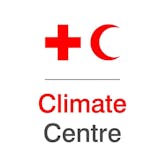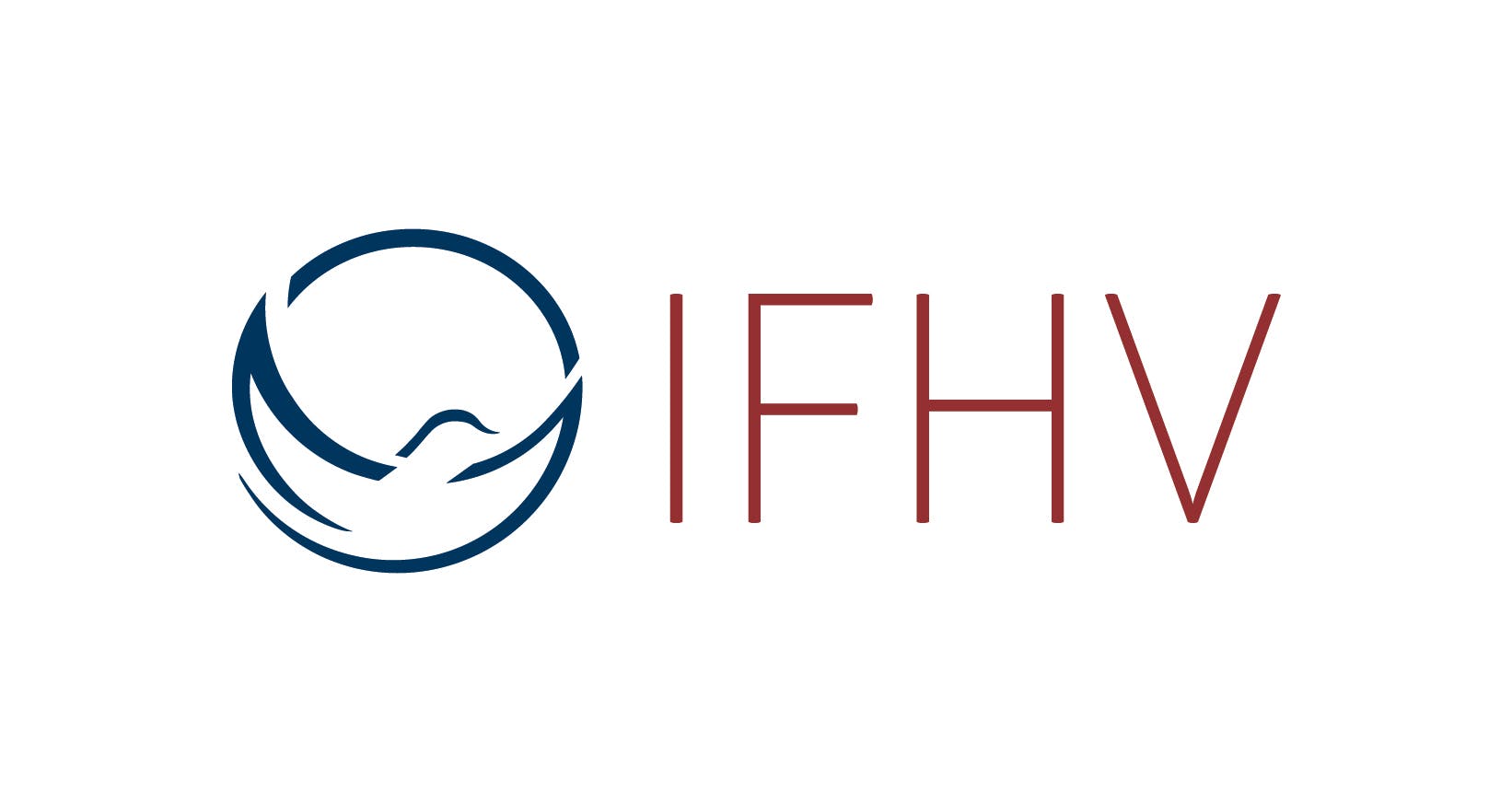Anticipatory Action in Conflict Settings: A Hands-on Introduction
Fully booked
Anticipatory action (AA) is based on acting prior to the onset of a predictable hazard and thus, minimizing or preventing the impacts of a hazard and if possible, reducing human suffering and loss. Implementing AA approaches in contexts affected by violence and armed conflict poses specific challenges. As programs and projects focused on AA gain traction across the globe, there is a need to provide informative, contextual, and applicable education on the best practice and lessons learnt in AA in conflict settings. In this course you will be introduced to a basic understanding of AA in conflict contexts, explore the limitations and opportunities that come about from applying AA to conflict contexts and be given the opportunity to apply your learning and receive feedback from experts in the field. The course, which will be a minimum commitment of 5 hours for participants, is made up of both synchronous and asynchronous learning. This learning is complemented by a variety of resources and cases that can be explored following the completion of the course. The learning is connected to the existing tools in the Anticipation Hub, such as the Forecast based Financing Manual.
Two live webinar sessions will take place on Thursday 19th and 26th January 2022 and includes regular breaks. By registering, you commit to attending both sessions and to working in small teams asynchronously in the time between the two sessions on a case study assignment.
You will learn
What the basic tenets are that underpin AA in conflict settings and how to differentiate between the types of AA in different contexts of conflict
How to critically engage with the opportunities and limitations of applying AA in conflict settings
How to apply an enhanced understanding of AA in conflict settings through a participatory team process, where learners design a practical AA intervention for a case study scenario and receive feedback from experts in the field
How to connect with other practitioners interested in implementing programming focused on AA in conflict settings
How to access and contribute to a permanent resource database on AA in conflict settings which will be used as a tool for deepening learning on the topic
Target group
Staff of international humanitarian organizations interested in implementing projects and programming related to anticipatory action in conflict settings
Schedule
Webinar 1
Introductory overview of AA in conflict settings hosted by the Red Cross Climate Centre team and facilitated by Catalina Jaime
Asynchronous sessions (between and after webinar sessions)
The asynchronous learning components are both integrated within the course and can also exist as various stand-alone resources. The embedded learning elements offer participants the opportunity to explore a case study package, which will then be used as part of a collaborative team project to allow participants to apply learning and receive feedback from experts. The stand-alone resources can serve as a learning tool for individuals following the course and can also be shared as part of a larger knowledge sharing exercise. This component consists of:
• Case study package that can be used to refer to examples of AA in conflict settings;
• Reading list with open-access web links provided.
• Asynchronous team project to complete between webinars 1 and 2 which will help connect participants and apply understanding;
Support will be offered during the week through two drop-in Q&A sessions for participants to ask questions and receive clarification.
Collated resource bank of AA in conflict settings created with the intention of supporting participants in deepening their knowledge and understanding following the end of the course.
Catalina Jaime
Lecturer

The course will be facilitated by Catalina Jaime from the Red Cross Climate Centre and draws on expertise from the multi-agency practitioner group on anticipatory action in conflict-affected settings hosted by the anticipation hub.
Catalina Jaime is a Colombian-British humanitarian focused on advancing practice, research and policy to support climate action for people affected by conflict. Catalina has helped coordinate the strategic development of anticipatory action and is a co-lead of the working group on AA in conflict of the Anticipation Hub.
The instructional team is further made up of expert practitioners who have long been working to bring anticipatory approaches to the forefront of humanitarian action and conflict settings for several years.
Evan Easton Calabria
Lecturer

Evan Easton-Calabria has worked as a consultant with the Red Cross Climate Centre since 2019, focusing on the intersection of climate, conflict, and displaced populations. She is a Senior Researcher at the Feinstein International Center, Tufts University, and a Research Associate at the Refugee Studies Centre, University of Oxford. Her research focuses on the structure of humanitarianism and development, including refugee self-reliance, anticipatory humanitarian action, urbanisation, and localisation. She previously worked at the Refugee Studies Centre, University of Oxford, where she also holds a Masters and PhD in International Development. She is the author of Refugees, Self-Reliance, Development: A critical history (Bristol University Press, 2022) and co-author of The Global Governed: Refugees as providers of protection and assistance (with Alexander Betts and Kate Pincock, Cambridge University Press, 2020).
Marcel Goyeneche
Lecturer
Marcel Goyeneche has a Master's in International Humanitarian Action and over twelve years of experience working on disaster risk reduction, climate change adaptation, disaster preparedness and response and humanitarian action in armed conflict. Throughout his work with the International Federation of Red Cross and Red Crescent Societies (IFRC) and the International Committee of the Red Cross (ICRC) in countries across Latin America, the Caribbean, Africa and Asia, he has held field level and management positions. In his roles, Marcel has conducted situational analysis, humanitarian assessments, response design, implementation and developed institutional capacity building and learning strategies. Marcel works as an independent consultant since 2017, facilitating capacity building, learning initiatives, programme analysis and development focusing on disaster risk reduction, protection, climate change adaptation and school safety. His clients include a range of UN agencies, intergovernmental organisations, international NGOs and the International Red Cross and Red Crescent Movement.
Seth Caldwell
Lecturer
With over 7 years of experience in data and analytics in humanitarian response, Seth Caldwell is a data scientist at OCHA’s Centre for Humanitarian Data. He and the rest of the predictive analytics team develop triggers and manage the technical work for OCHA’s AA pilots on drought, floods, and other shocks. In the past year, Seth has led the Centre’s work exploring the potential of conflict prediction models and their applications for AA.
19.1.2023 - 26.1.2023
4 hours of training
Online Event
 This training is organized by the Institute for International Law of Peace and Armed Conflict.
This training is organized by the Institute for International Law of Peace and Armed Conflict.